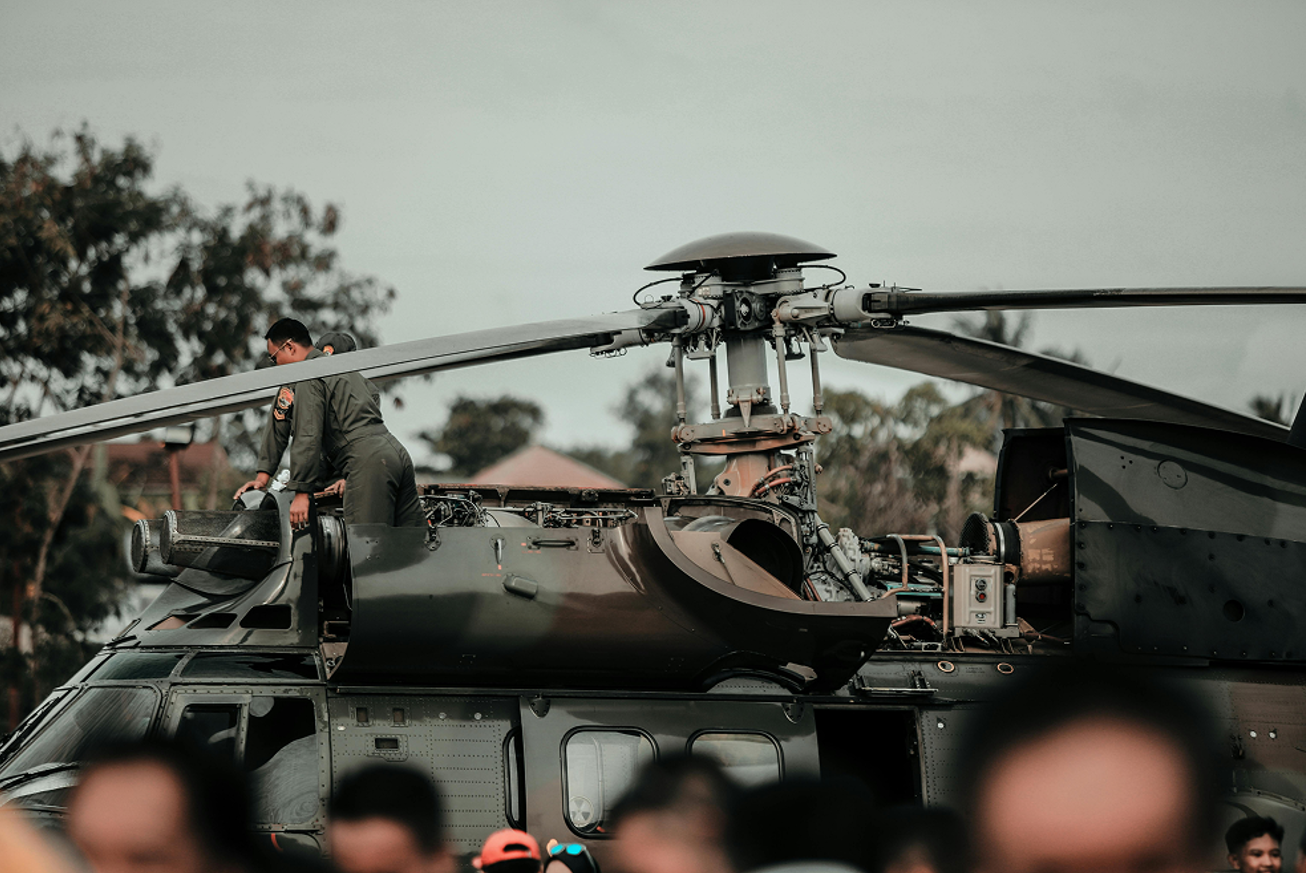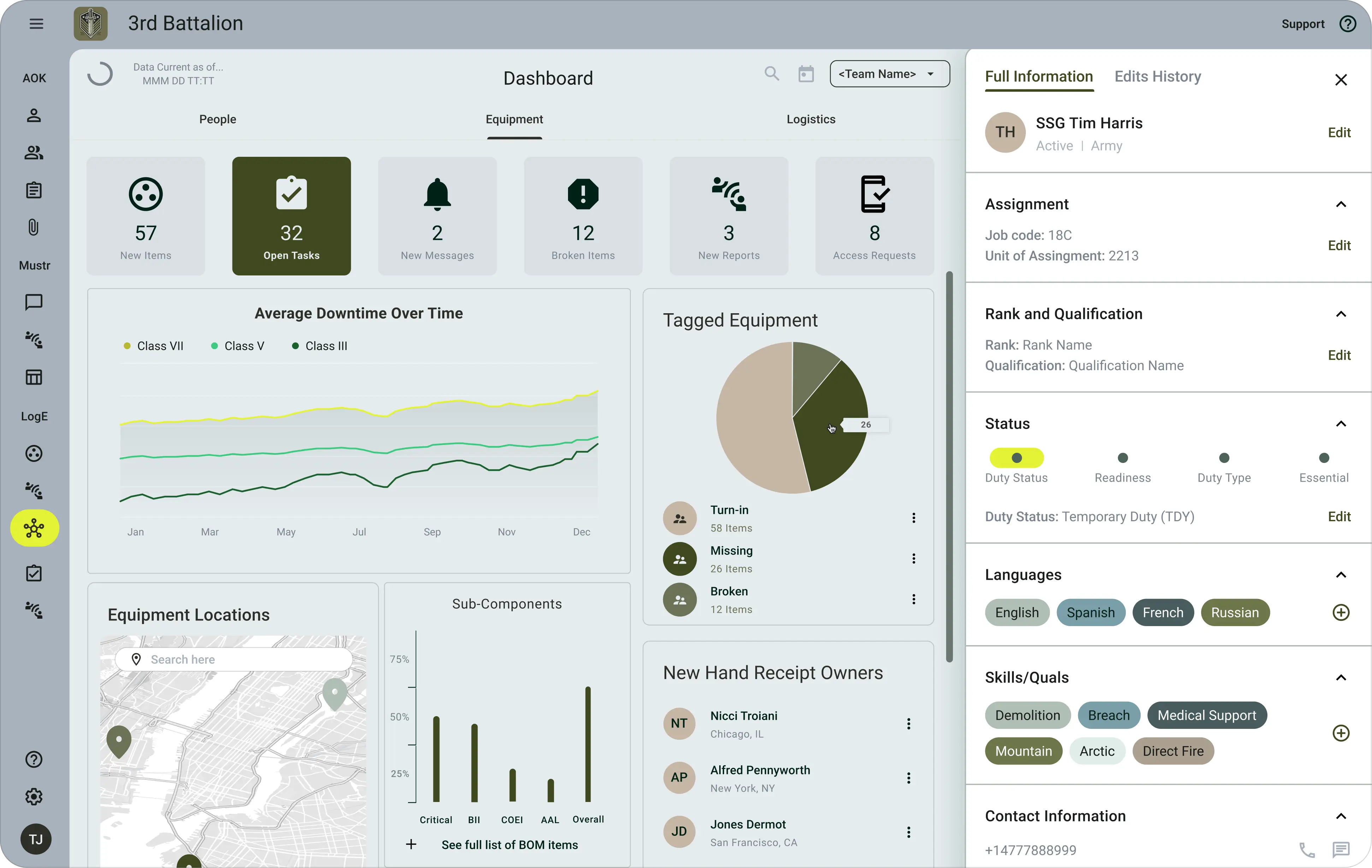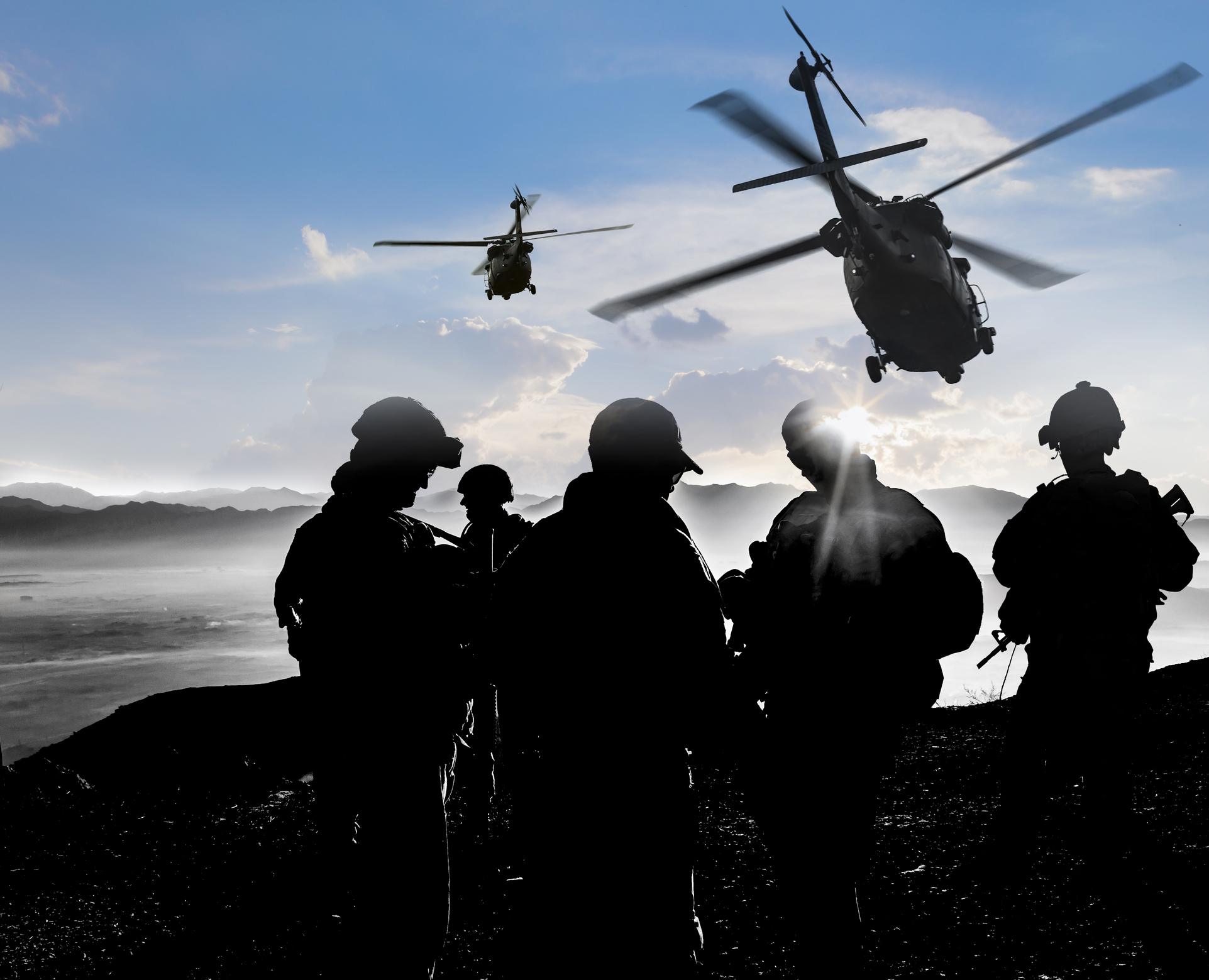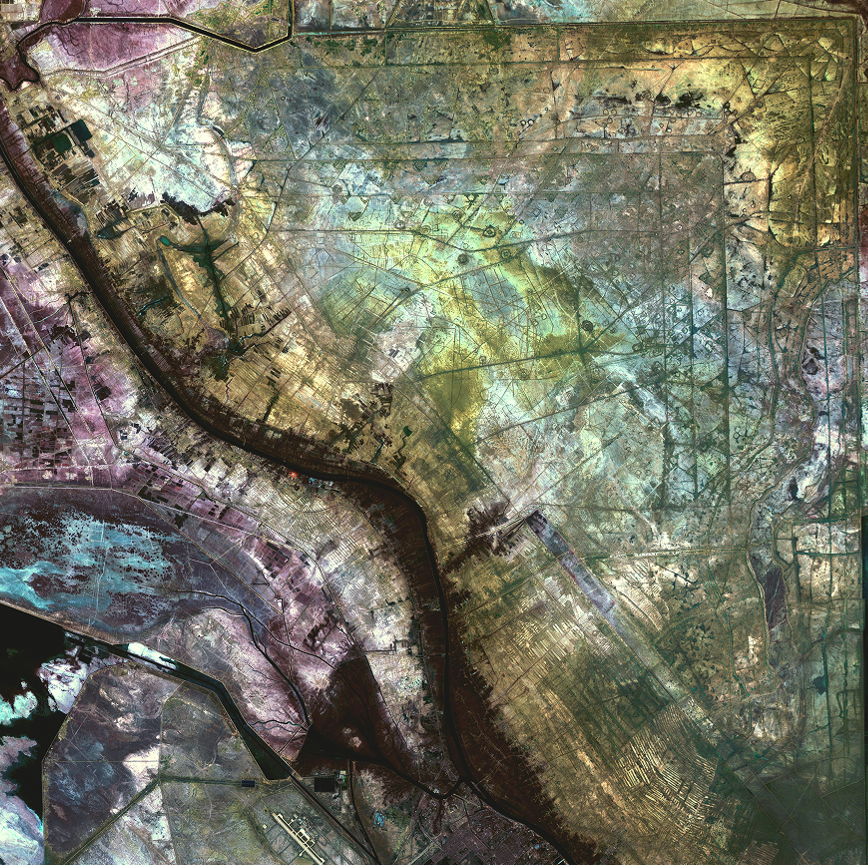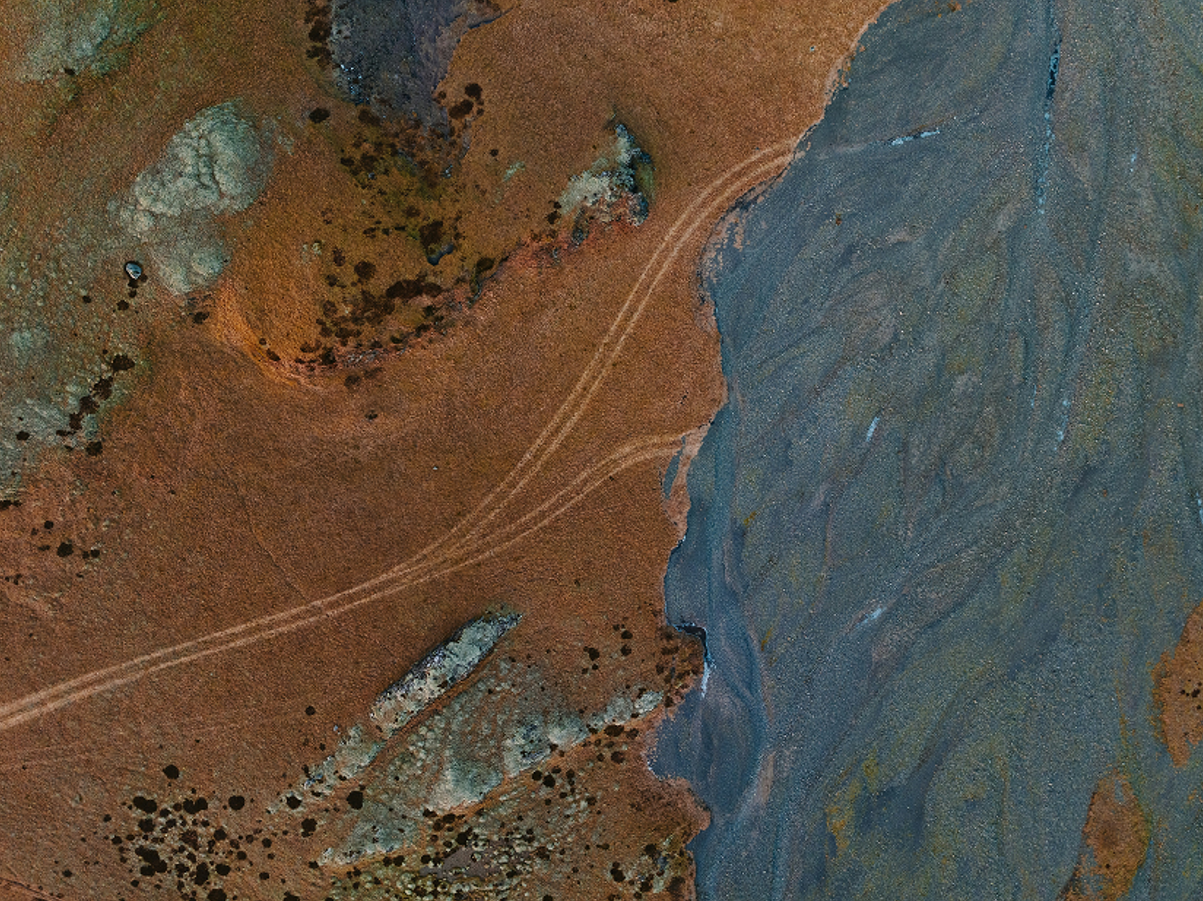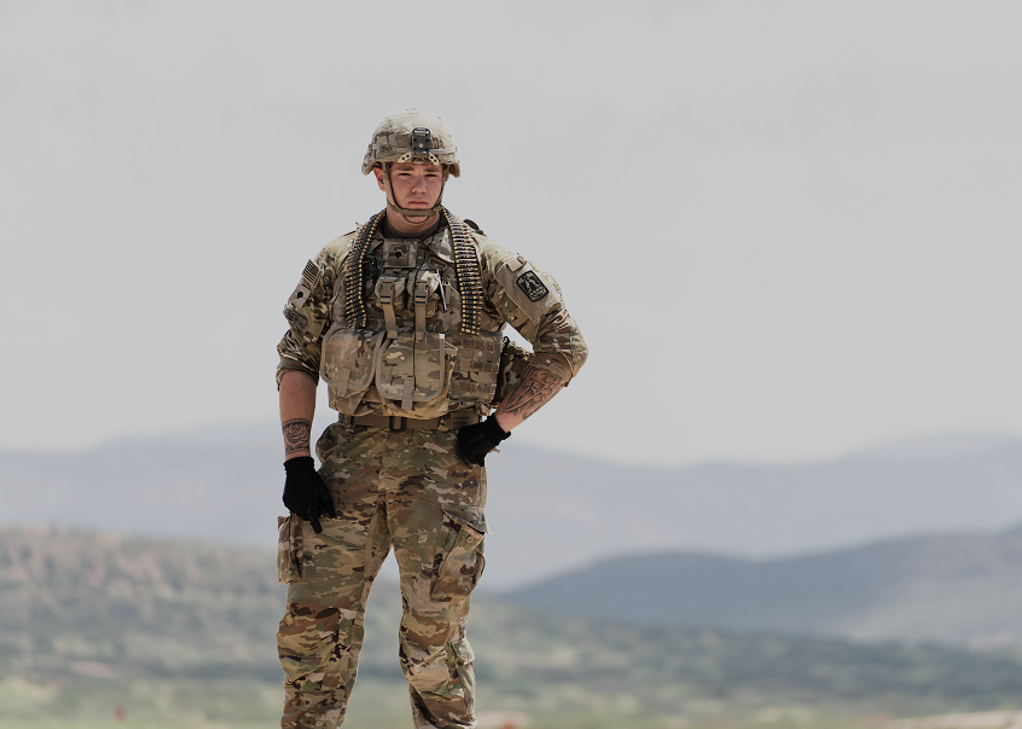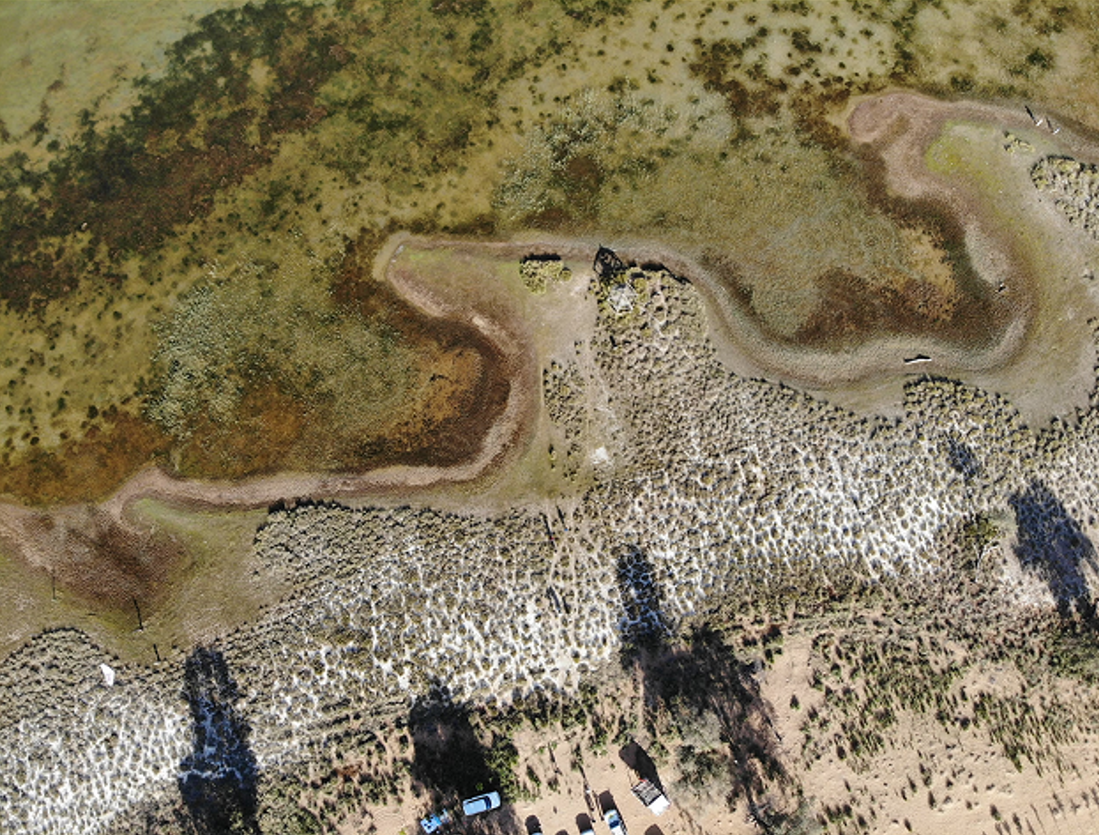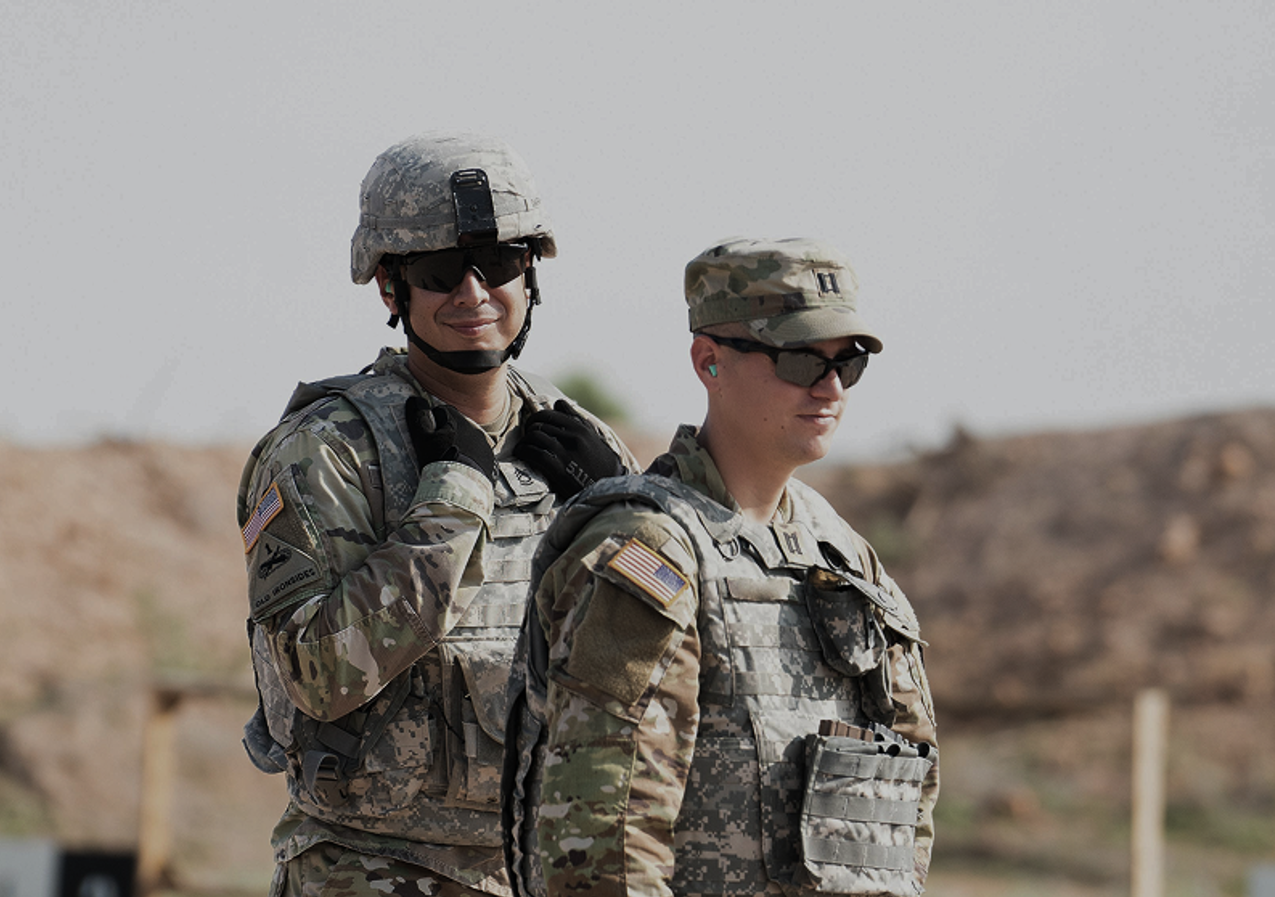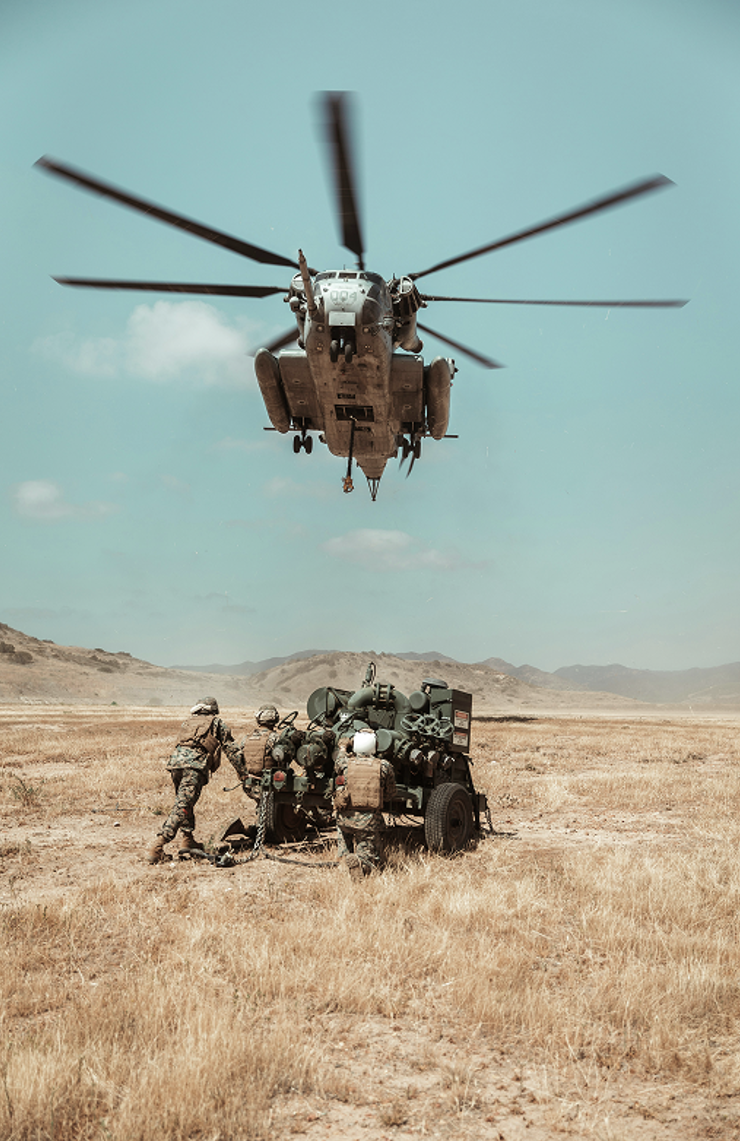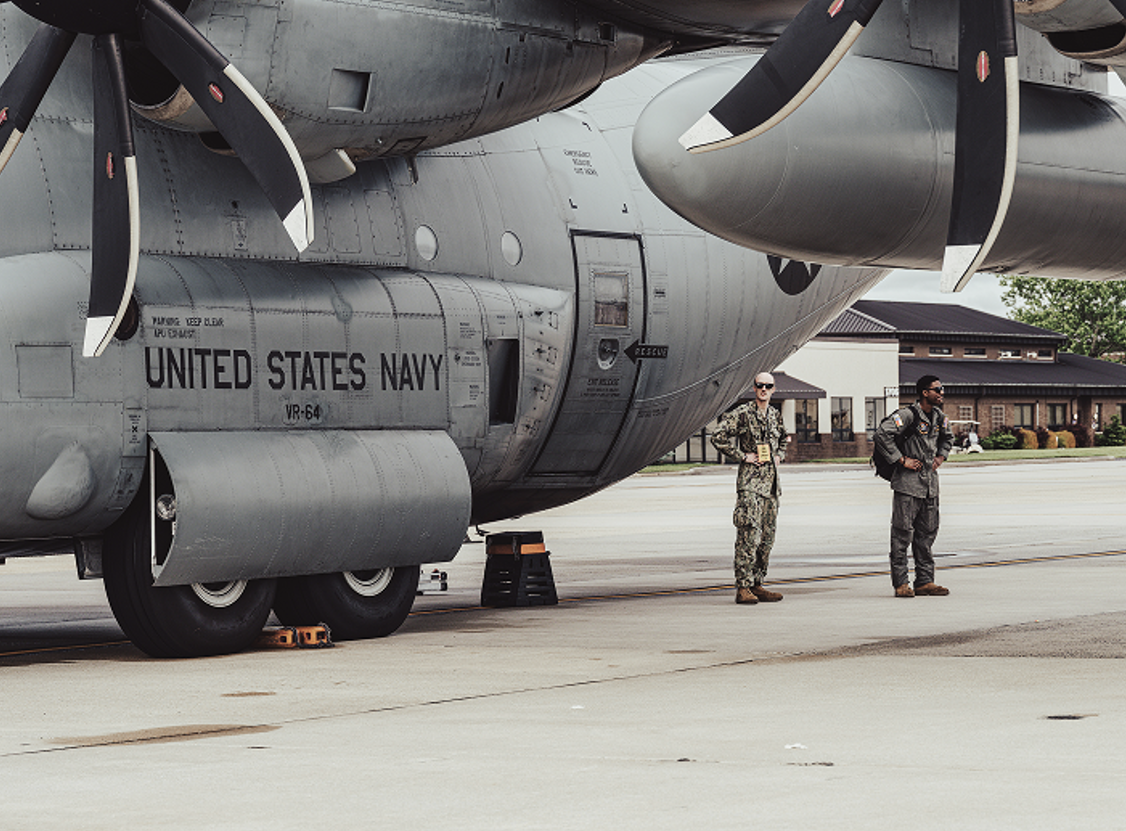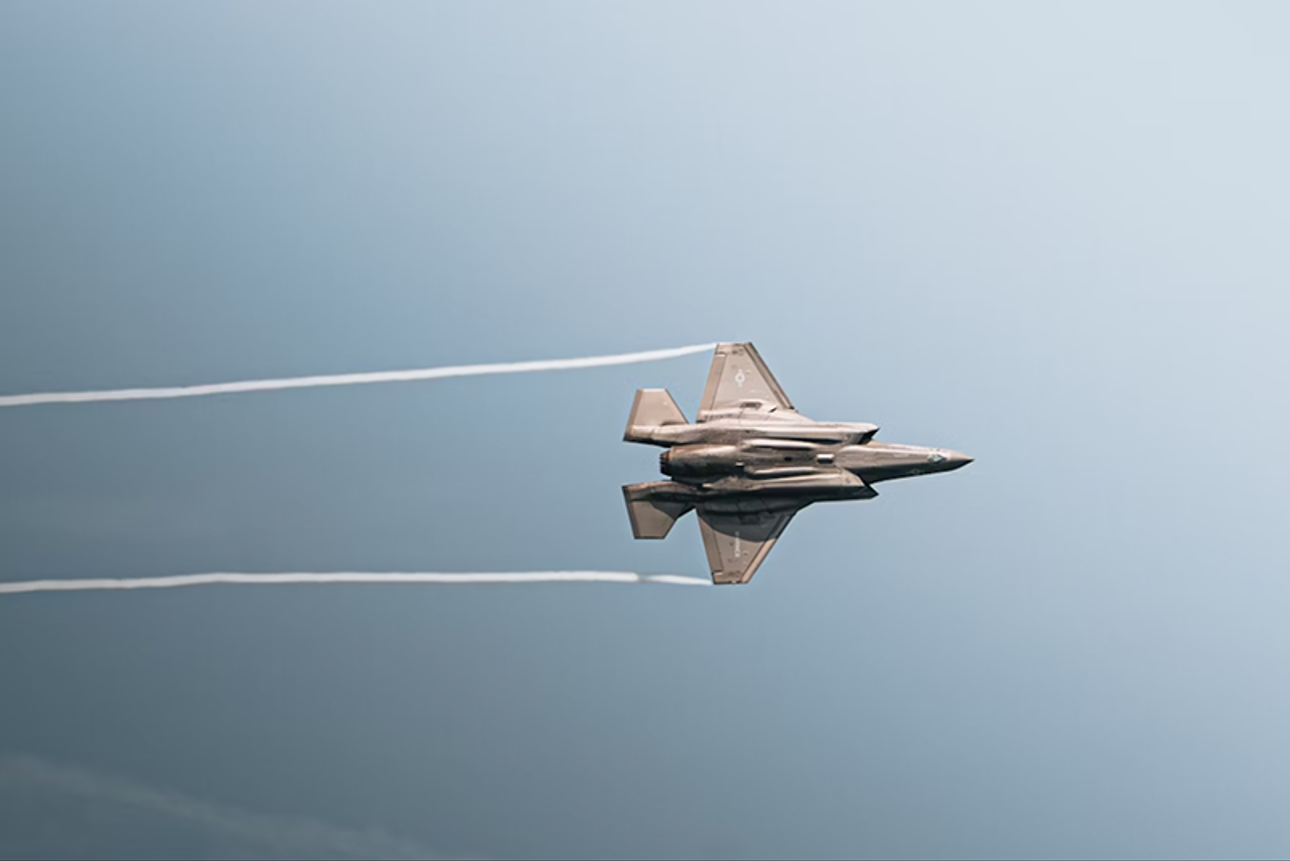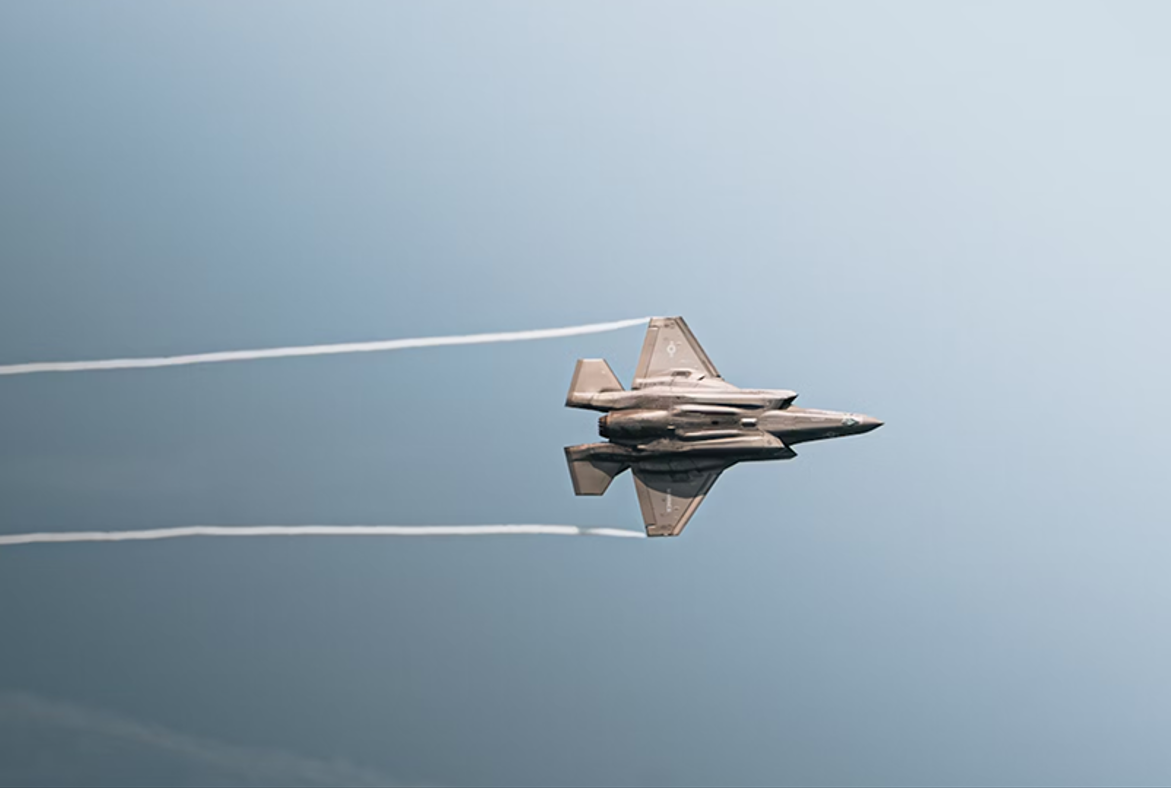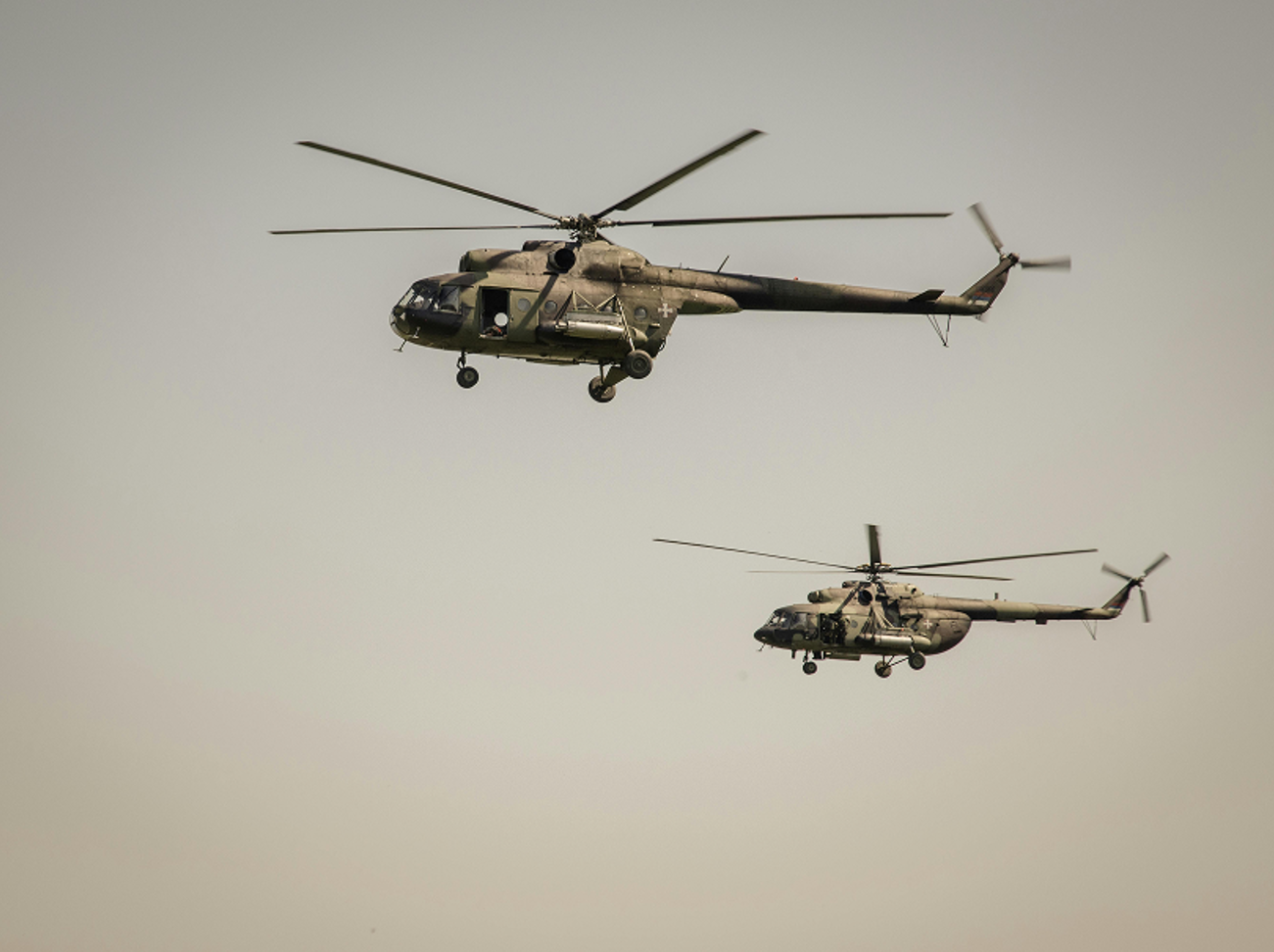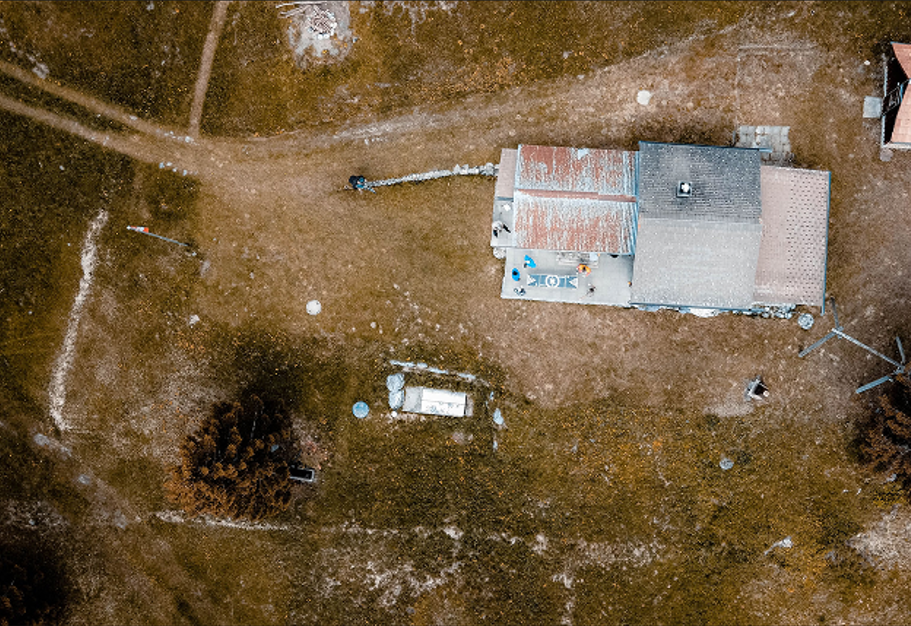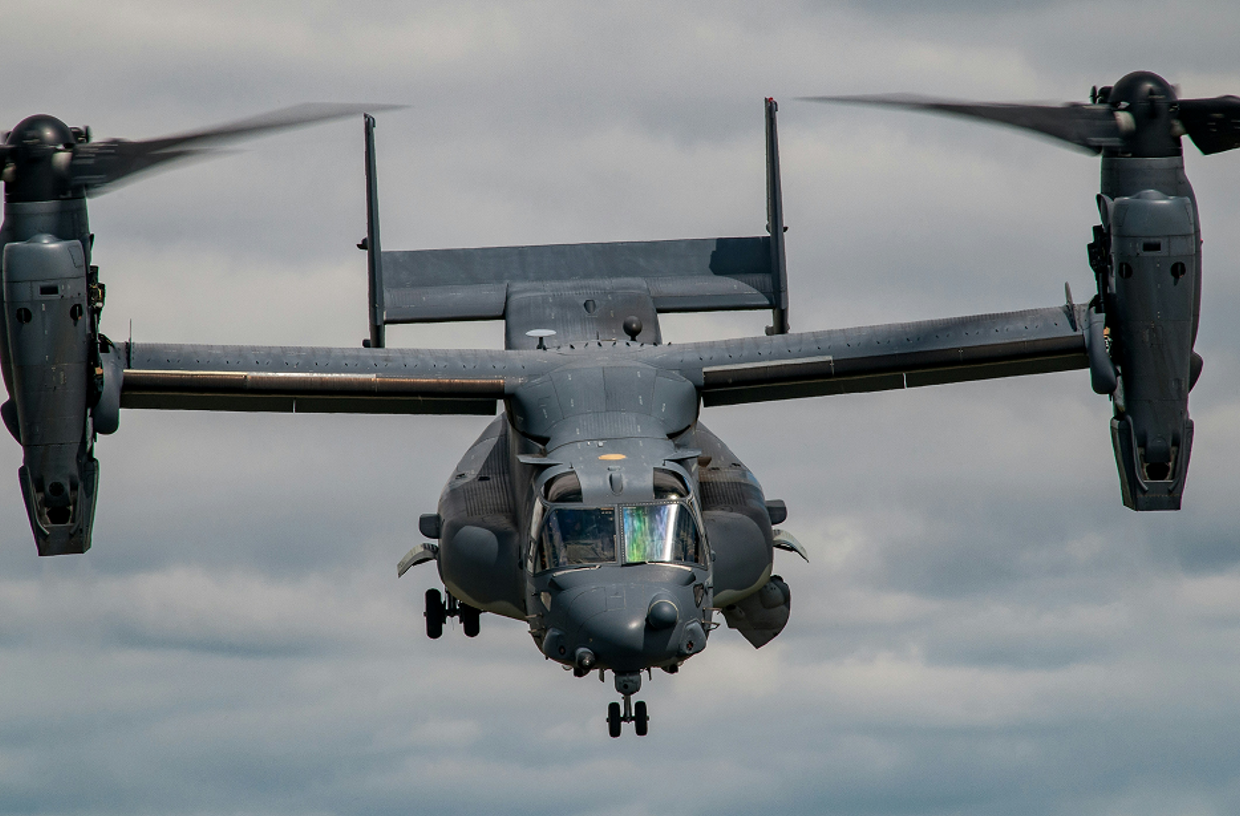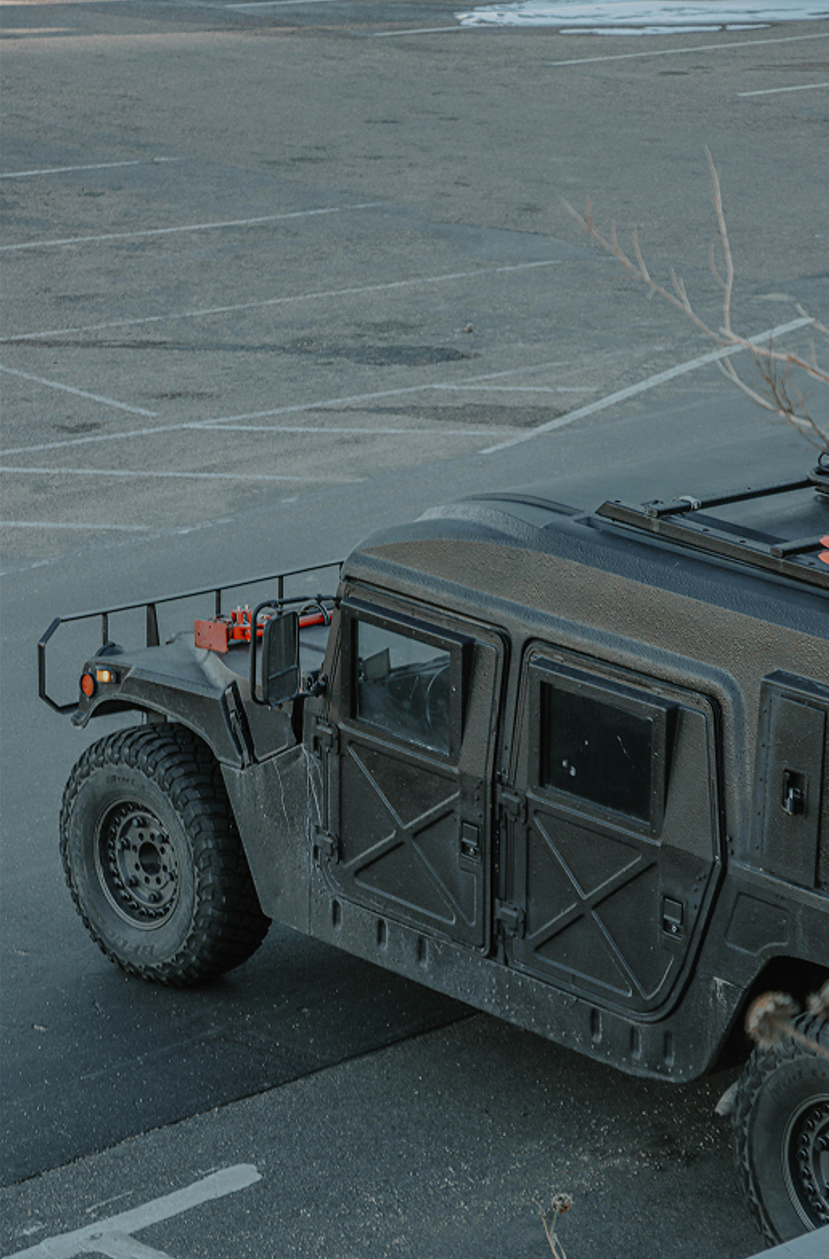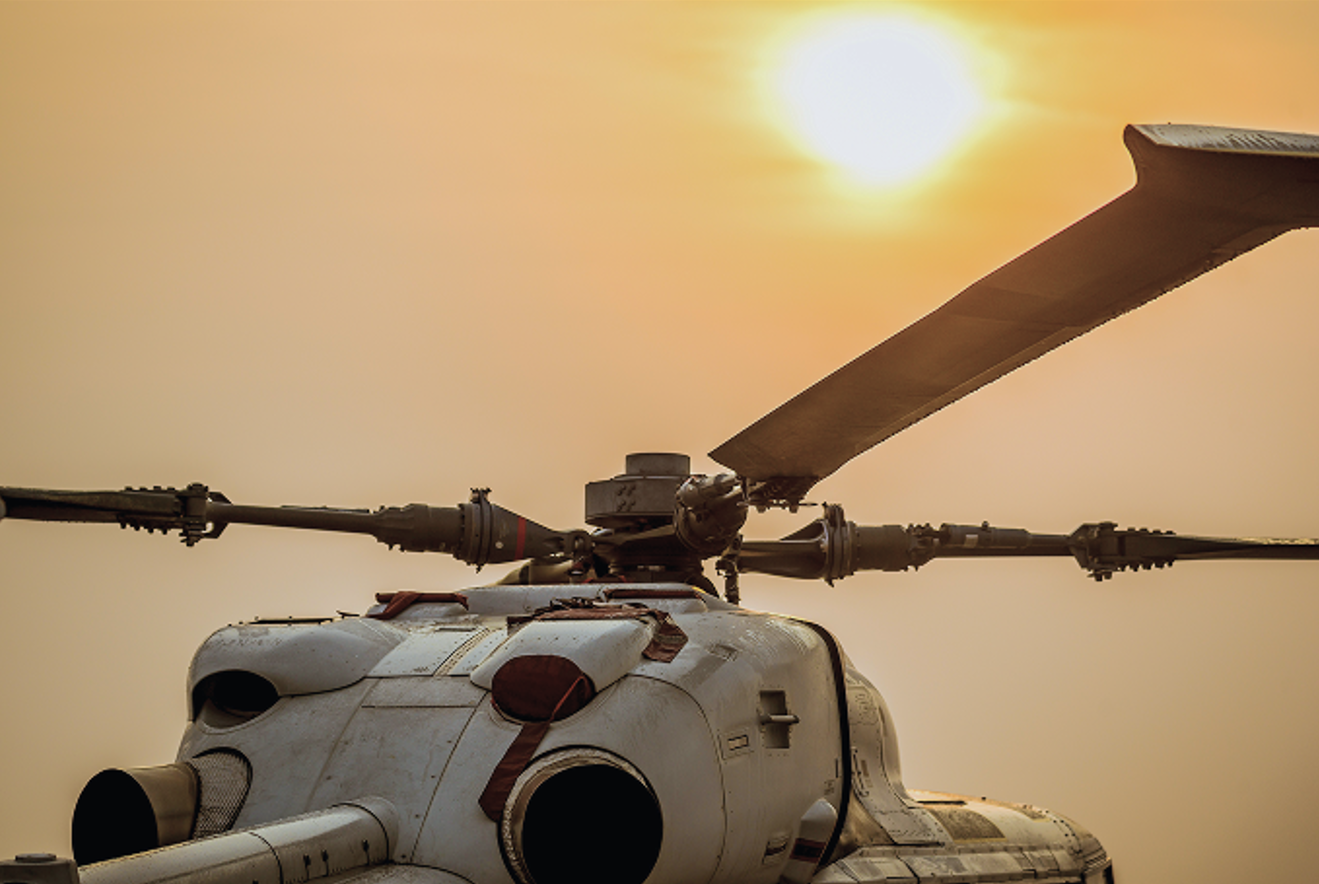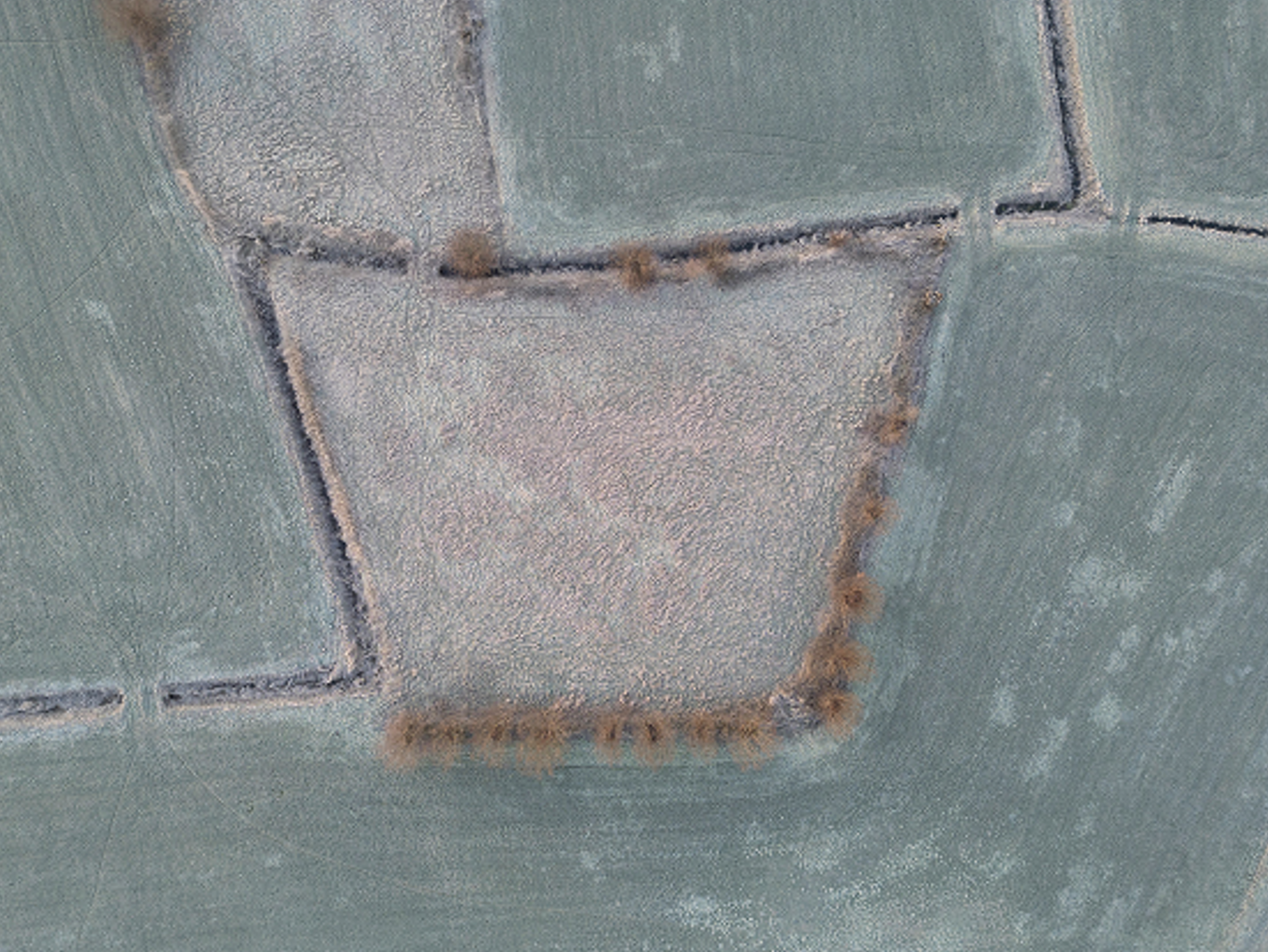At Adyton, Veterans Day means more than a free lunch at Applebee’s – although their chicken tenders are delicious.
Our co-founders, James Boyd and JJ Wilson are Army Special Forces veterans and former "battle buddies" from basic training, and our team includes a number of amazing veterans and military spouses from the Army, Navy, Air Force and Marine Corps who have chosen to serve in a new way.
Collectively our team has decades of military experience, and Veterans Day is a nice opportunity to reflect on how that experience has shaped who we are as professionals and as human beings - and how that experience continues to shape what we’re building as a company.
This year, we’ve decided to share some of those reflections from across our team with the broader community. Please reach out if you’re interested to learn more about what we’re building or how you can help.
What did your time in the military teach you about yourself?
That I am capable of most anything (even something that I’m not naturally suited to) with enough effort and determination. Also that if I have genuine interest in a subject, I can excel at it.
-Scott Walls, Engineering, US Army veteran
While in the Army, I learned that I have an extreme amount of patience and that I can practically teach myself whatever it is I’d like to do as long as I allow myself time to learn.
-Trevor Abram, Product Design, US Army veteran
My time during the military allowed me to better understand my limits and how to overcome them. Taking small steps to accomplish big goals can mean the difference between failure and success.
-Sebastian Schreuder, Engineering, US Air Force veteran
The only real limits in the world are those we choose.
-James Boyd, Co-founder, US Army veteran
What is your most memorable experience in the service?
Visiting a teammate at Walter Reed has got to be the most memorable experience I had during my time in the service. He had stepped on and activated an IED during a rotation to Afghanistan which resulted in the loss of both of his legs below the knee. I was the medic who treated and packaged him up for medevac during that mission. Now, in all honesty, I actually hated being a medic for the simple fact that 95% of the time, being a medic really meant treating colds, coughs, aches, and pains. Being able to help a brother out on one of the worst days of his life and then to see him on the path to recovery, even though we knew things would never be the same for him, gave me a better appreciation of the skills that my instructors had drilled into me and set me on a path to learn even more about providing critical care in combat situations.
-Harold Penson, Product Success, US Army veteran
I was part of a Navy aviation squadron that deployed to Iraq in 2007/2008 during the “surge”. That whole experience was so memorable, and it was because of the fantastic set of people we had, great leaders, and a common drive towards contributing to a mission. So much that I loved about my military time was being with the other people in my unit. I was part of a 10-person aircrew that also spent a couple of months in Djibouti, during that time, and had such a memorable experience there. Piracy off the coast of Somalia was a big deal then, and so we were flying missions in support of anti-piracy efforts. Our crew enjoying a Thanksgiving meal there on a base that I will always remember.
-Jeff Prosek, Business Development, US Navy veteran
One of my most memorable experiences in the military was the annual get togethers around the holidays with everyone. We would have amazing feasts with everyone in the extended military family and it was always a blast.
-Sebastian Schreuder, Engineering, US Air Force veteran
One of my most memorable experiences was flying during the opening night of operations in Syria. This was a maximum effort high visibility operation that involved every organization on multiple bases in the region. It was a tangible example of how much can be overcome when a team comes together and focuses on accomplishing its mission.
-Adam Welch, Business Development, US Air Force veteran
What were your first few months out of the service like? What advice would you give to veterans transitioning into civilian positions?
It took me a long time to decide to leave the military. It was not until I had left that it fully struck me how much of my identity was tied up into being in the military. Subconsciously, I think I sensed this ahead of time, and that contributed to my hesitancy to leave that world. I have learned now, with some career moves over the years, that leaving any meaningful role will have that aspect of impacting your identity, but I think it is more so when you leave the military. The notion we have in society of being a service member is powerful in how we identify and affiliate. It goes well beyond just what we do for work and permeates all parts of our lives - what clothes we wear each day, where we live, where we shop for groceries, etc. So, for me, there was a period of adjustment when I had to adjust to what no longer being in the military meant to who I saw myself as. My advice to others about the transition to civilian life is to be aware that this identity / affiliation dynamic will be there, will take some thought, and will take some time to work through.
-Jeff Prosek, Business Development, US Navy veteran
I felt a false security in the transition program that I had chosen to apply to. I really lacked direction as to what was next. Most of all, I felt that I was pigeon holed into a management position given my military experience. What I would tell transitioning vets is that you still have time to make the jump to a career that you want provided that you truly want it.
-Scott Walls, Engineering, US Army veteran
Why is it important for companies to hire veterans and military family members?
Despite how the public portrays veterans, it is still extremely difficult for our veterans to find work in their respective fields. It’s highly important that we are able to first help veterans find the careers they’ll excel at as well as provide them with the appropriate resources that would increase their chances of employment. Post-military experience is drastically different for each veteran and their family. We have to learn to be there for those who have served. Using business as an avenue to achieve this is a step in the right direction and Adyton is leading it.
-Trevor Abram, Product Design, US Army veteran
I have a huge amount of respect for the skills, capabilities, and tenacity of many military veterans. If someone does really well in the military, it generally means they had some grit and tenacity to get through challenges. It also means that they likely have been in situations where they needed to figure out how to get things done in uncertain and dynamic environments. That experience also often changes perceptions of stressful times (and what stresses are really worth stressing about). All of these things lend themselves to success in roles outside of the military. You see so many of those same factors in military spouses, who typically have as much, if not more, grit, tenacity, and perseverance than their service member spouse. They also experience frequent moves, and to places that may not have robust job opportunities, and so tend to be faced with more limited employment opportunities than their skills and capabilities warrant.
-Jeff Prosek, Business Development, US Navy veteran
What about Adyton (mission, values, product, people) drove you to join the company?
The founders’ attitudes and personalities really have helped cultivate a team that focuses on a cohesive team that excels at what they do. I remember feeling that sense to a degree in the 82nd ABN and when I augmented SOJTF-A during my time in the military. And those were my favorite assignments.
-Scott Walls, Engineering, US Army veteran
The culture, values, and mission at Adyton are why I primarily joined the company. To be at a company where all three work in parallel is a treat in and of itself.
-Trevor Abram, Product Design, US Army veteran
The people that I met during the interview process are the number one reason I joined Adyton. They are all caring, driven, and looking to put the right tools in the hands of people who need them. The mission is the second reason. Adyton has chosen to do something great for a great group of people who do important work on behalf of all of us. I’ve been in the service and I understand the value something like Adyton presents to those brave men and women. Whether it saves them time, allows them to track information better, or provides their superiors with the right data to make better decisions, I know Adyton’s products are going to continue to change the lives of our service members for the better. It’s really simple math. Taking a group of people like the Adyton team + Worthwhile mission + Servicing service members = Fun & Purposeful work.
-Harold Penson, Product Success, US Army veteran
What does working at Adyton mean to you?
Working for Adyton has given me another chance to swap from serving my country to serving the people that I once worked alongside in that noble effort. Giving back to my friends and family that helped me.
-Sebastian Schreuder, Engineering, US Air Force veteran
For me Adyton is like an extension of my military service. It is an organization that focuses on a mission to provide tools to those who need them the most. In Adyton I have found a high functioning mission-focused team, much like those I was part of in the Air Force. I am proud to be part of this team.
-Adam Welch, Business Development, US Air Force veteran
.png)
